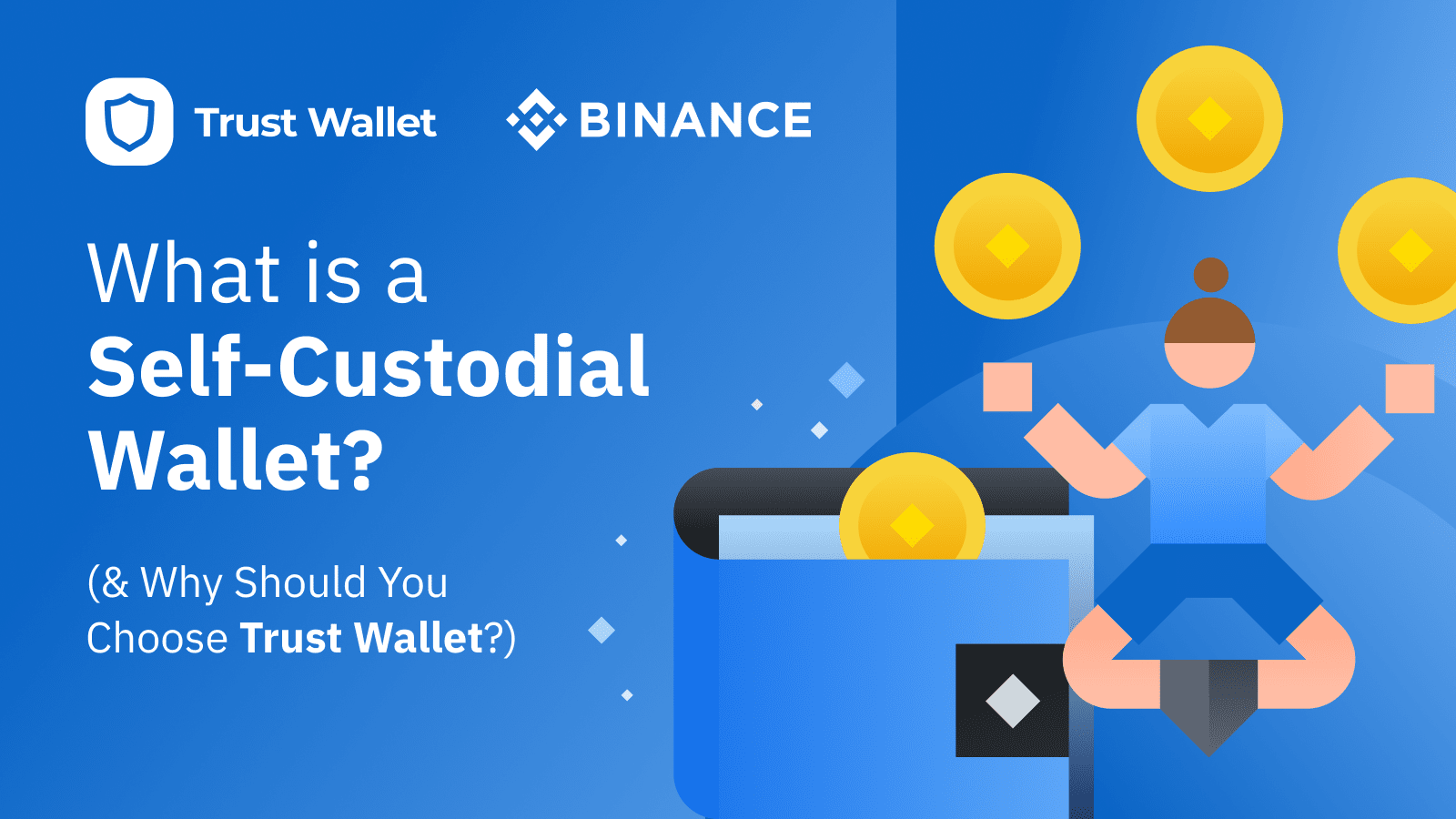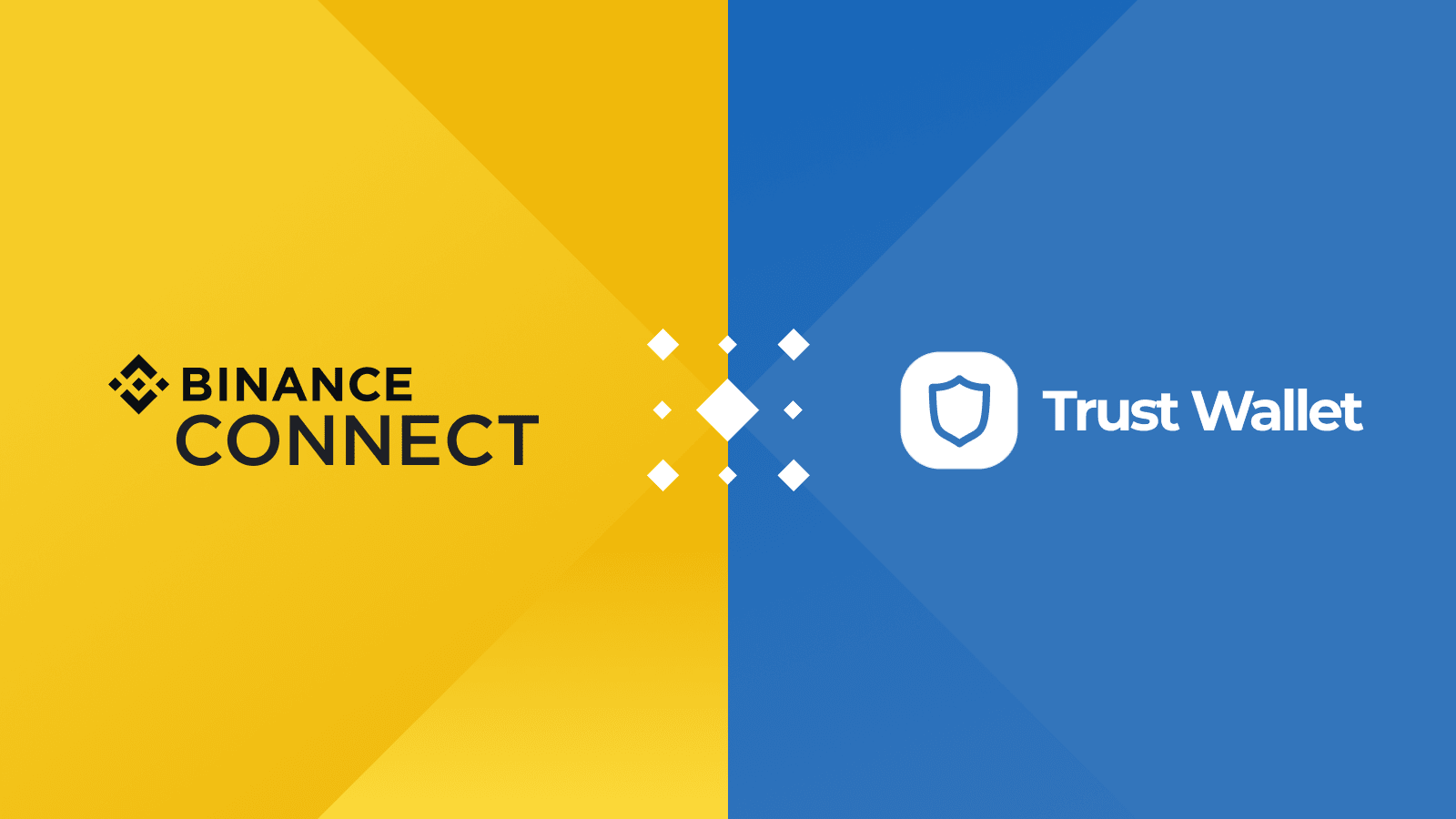Choosing between Binance and Trust Wallet depends on your needs. Binance is better for active trading, a wide range of crypto services, and liquidity. Trust Wallet is ideal for secure, decentralized storage of a wide range of cryptocurrencies, simple transactions, and accessing DApps. Binance suits traders and investors seeking a comprehensive platform, while Trust Wallet is suited for users prioritizing control and security of their assets.

Comparing Binance and Trust Wallet: An Overview
Key Features of Binance
Binance is one of the largest global cryptocurrency exchanges, offering a range of features:
- Extensive Cryptocurrency Trading Options: Supports a vast array of cryptocurrencies for trading.
- Advanced Trading Tools: Offers various tools like futures, margin trading, and sophisticated charting options.
- Binance Earn and DeFi Products: Includes options for staking, savings, and other investment products.
Key Features of Trust Wallet
Trust Wallet, as a mobile wallet app, focuses on different aspects:
- Multi-Currency Wallet: Supports a wide range of cryptocurrencies and tokens.
- User-Friendly Interface: Designed for ease of use, making it accessible for beginners.
- Integrated DApp Browser: Provides direct access to decentralized applications (DApps) and DeFi platforms.
General Comparison of Binance and Trust Wallet
While both are part of the broader Binance ecosystem, they serve different functions:
- Purpose and Use Case: Binance is ideal for trading and a variety of crypto services, while Trust Wallet is focused on secure storage and easy access to cryptocurrencies.
- User Control: Trust Wallet gives users full control over their private keys, whereas Binance, as an exchange, controls the private keys for assets stored on its platform.
- Accessibility and Convenience: Trust Wallet is more mobile-centric, offering convenience for on-the-go usage, while Binance offers more comprehensive and advanced trading features.
User Experience: Binance vs. Trust Wallet
Ease of Use and Interface Design
The user interfaces of Binance and Trust Wallet are tailored to their primary functions, impacting user experience.
- Binance: Features a more complex interface with advanced trading tools and multiple functionalities, catering to experienced traders.
- Trust Wallet: Offers a simple and intuitive interface, ideal for beginners or those seeking straightforward wallet functionalities.

Mobile App Experience and Accessibility
Both platforms offer mobile apps, but with different focuses.
- Binance Mobile App: Provides a comprehensive trading experience on mobile, suitable for users who want to trade and use financial services on the go.
- Trust Wallet App: Prioritizes easy access to cryptocurrency holdings, DApp browsing, and basic transactional features, optimized for ease of use and accessibility.
Customer Support and User Assistance
The quality and scope of customer support can significantly affect user experience.
- Binance Support: Offers extensive customer support, including FAQs, support tickets, and live chat options for a wide range of queries related to trading and account management.
- Trust Wallet Support: Provides support primarily through online resources like FAQs and community forums, focusing on wallet-related queries and technical assistance.
In summary, while Binance offers a comprehensive trading environment with extensive support suited for users seeking a broad range of crypto services, Trust Wallet provides a more streamlined, user-friendly experience, focusing on ease of access and basic wallet functionalities.
Security Measures in Binance and Trust Wallet
Security Protocols of Binance
Binance employs several robust security measures to protect user assets and information.
- Two-Factor Authentication (2FA): Offers added security for account access and transactions.
- Advanced Encryption and Storage: Utilizes state-of-the-art encryption and secure storage methods for user data and funds.
- System Security Updates: Regular updates to enhance security infrastructure and protect against new threats.
Security Features of Trust Wallet
Trust Wallet also incorporates strong security features, focusing on user-controlled safety.
- Private Key Encryption: Stores private keys locally on the user’s device, encrypted for security.
- Backup and Recovery Options: Provides secure recovery options through encrypted recovery phrases.
- Secure User Interface: The app is designed to minimize risks of user errors, which can lead to security breaches.
Comparative Analysis of Security Strengths
Comparing the security strengths of Binance and Trust Wallet reveals different approaches.
- Centralized vs. Decentralized Security: Binance, as a centralized exchange, manages security at the institutional level, whereas Trust Wallet provides tools for users to secure their own assets.
- Scope of Security: Binance’s security measures cover a broad range of services beyond wallet security, including trading and account security, while Trust Wallet focuses on securing users’ private keys and interactions with the blockchain.
- User Control: Trust Wallet offers more control to users over their security, which is ideal for those who prefer having personal oversight of their crypto assets.
